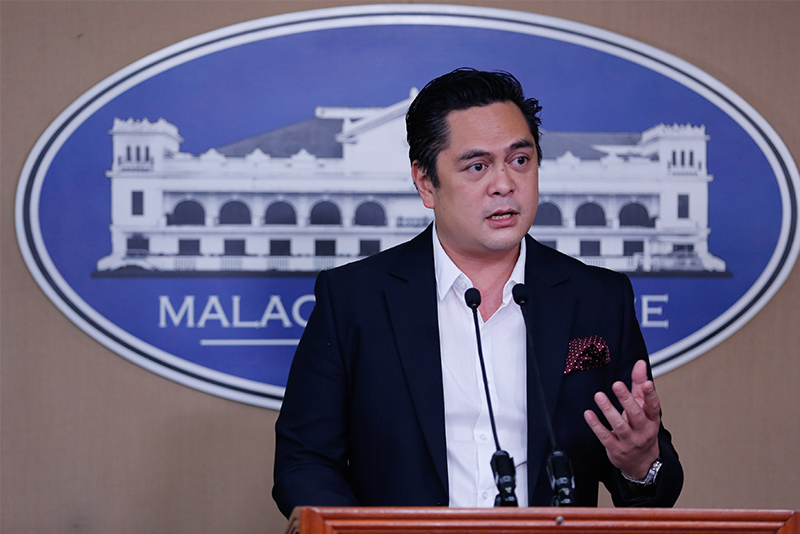News
PCOO bats for media and information literacy programs
MANILA — Amidst the increasing spread of false information, the Presidential Communications Operations Office (PCOO) saw need for more extensive media and information literacy among the Filipino community, especially social media users.
PCOO Secretary Martin Andanar made this call on Jan. 30 during the second Senate hearing on fake news stressing the importance of educating the public to exercise discernment in sharing and consumption of online information.
“By raising awareness and educating the public, especially the youth, on how to tell fake news from real, we believe we can significantly reduce its proliferation,” Andanar said. “The best way to counter fake news is to be properly informed,” he added.
Andanar also underscored that promoting media and information literacy should be a shared responsibility and advocacy of the government, academe, relevant industry players such as private media and social media platform providers, and the community, citing the government could not do this alone.
In enjoining all stakeholders to take on a more proactive role in creating a safer information environment in the country, Andanar said PCOO has also established the Provincial Communication Officers Network (PCO Net).
This platform aims to educate and capacitate public information officers and private individuals to be partners for change in utilizing new media for development.
In line with its commitment to build up the capacity of communicators and encourage them to model effective and responsible sharing of information, the PCOO is set to hold the first National Information Convention (NIC) in Davao City on February 19-21.
With the theme, “Spurring Development and Empowering Communities through Information,” this event will be a gathering of at least 1,500 participants composed of government communicators, members of the national and regional media, communications and technology industry leaders, and members of the academe nationwide.
The NIC aims to develop participants’ capability in harnessing the power of information in contributing to social development, the need for responsible and effective use of social media, and mechanisms for citizens’ participation in good governance.
“It should be the collective effort of all stakeholders to educate our people to discern fake from real news to minimize, if not eliminate the spread of false information,” he said as he urged stakeholders to help combat fake information.
Also, the Philippine Information Agency – the development communication arm of the government under PCOO – will spearhead the ASEAN-Japan Media and Information Literacy for the Youth Forum in Manila on March 20-21, in partnership with the InfoComm Media Development Authority of Singapore and with funding assistance from the Japan-ASEAN Integration Fund (JAIF). This forum aims to discuss cyber wellness issues and will be attended by information/media, academe, and youth representatives from the 10 Association of Southeast Nations (ASEAN) member states and Japan.
Andanar added that PCOO’s mandate is not only to provide information, but also to empower the public on how to use these information towards the greater good and to support nation-building.
“The PCOO, its attached agencies, its various communication platforms, and its more than a thousand public information officers around the country are working very hard to communicate and promote the government’s programs and policies to both Filipinos and people around the world,” Andanar said.






















